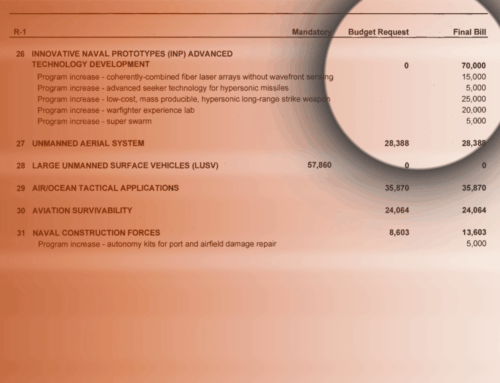For Immediate Release:
September 30, 2025
Washington, D.C. – The Senate is expected to vote this afternoon on a Continuing Resolution to keep the government funded, but reports suggest it is unlikely to secure the requisite support to pass. In anticipation of a likely federal government shutdown at 12:01 AM on October 1, 2025, Taxpayers for Common Sense (TCS) president Steve Ellis issued the following statement:
"Shutdowns are always bad for taxpayers. They typically cost the economy billions of dollars a day, many public services shut down, and if past is prologue taxpayers will end up paying for workers to stay home. This time, the stakes may be even higher, with a battle over impoundment taking center stage.
"The Trump Administration's plan to fire federal workers in agencies and programs it doesn't like in the event of a shutdown lays the groundwork for the immediate impoundment of funds once the government reopens. Running out the clock on the fiscal year to effectively rescind funds without congressional approval deliberately circumvents the legislature's power of the purse. If this gambit succeeds, presidents will be able to defund any program they dislike by simply proposing a recission at the end of the fiscal year and then running out the clock. It's a direct assault on the system of checks and balances enshrined in the Constitution."
Background:
- Shutdowns are costly. Millions of Americans stop receiving paychecks during government shutdowns, and backpay does not make up for economic losses. During the Fiscal Year 2014 shutdown, which lasted from October 1-16, 2013, economic losses totaled an estimated $24 billion, or $1.5 billion per day. In FY2018, a three-day shutdown cost the economy $11 billion.
- The Congressional Budget and Impoundment Control Act (ICA) became law in 1974, when Congress overrode President Nixon's veto. The law restricts the president's authority to unilaterally impound funds appropriated by Congress. Under the ICA, the president can propose funding rescissions, but those proposals must be approved by Congress within 45 days or are automatically rejected. The Trump administration has argued that if it submits a rescissions package within 45-days of the end of the fiscal year and Congress fails to act, and if the funds in question expire at the end of the fiscal year, the administration is no longer obligated to spend them. The Government Accountability Office (GAO) has said that this tactic, known as a "pocket rescission," is illegal.
###
Taxpayers for Common Sense is a nonpartisan budget watchdog committed to eliminating wasteful spending and promoting fiscal transparency and accountability.
- Photo by Ian Hutchinson on Unsplash










